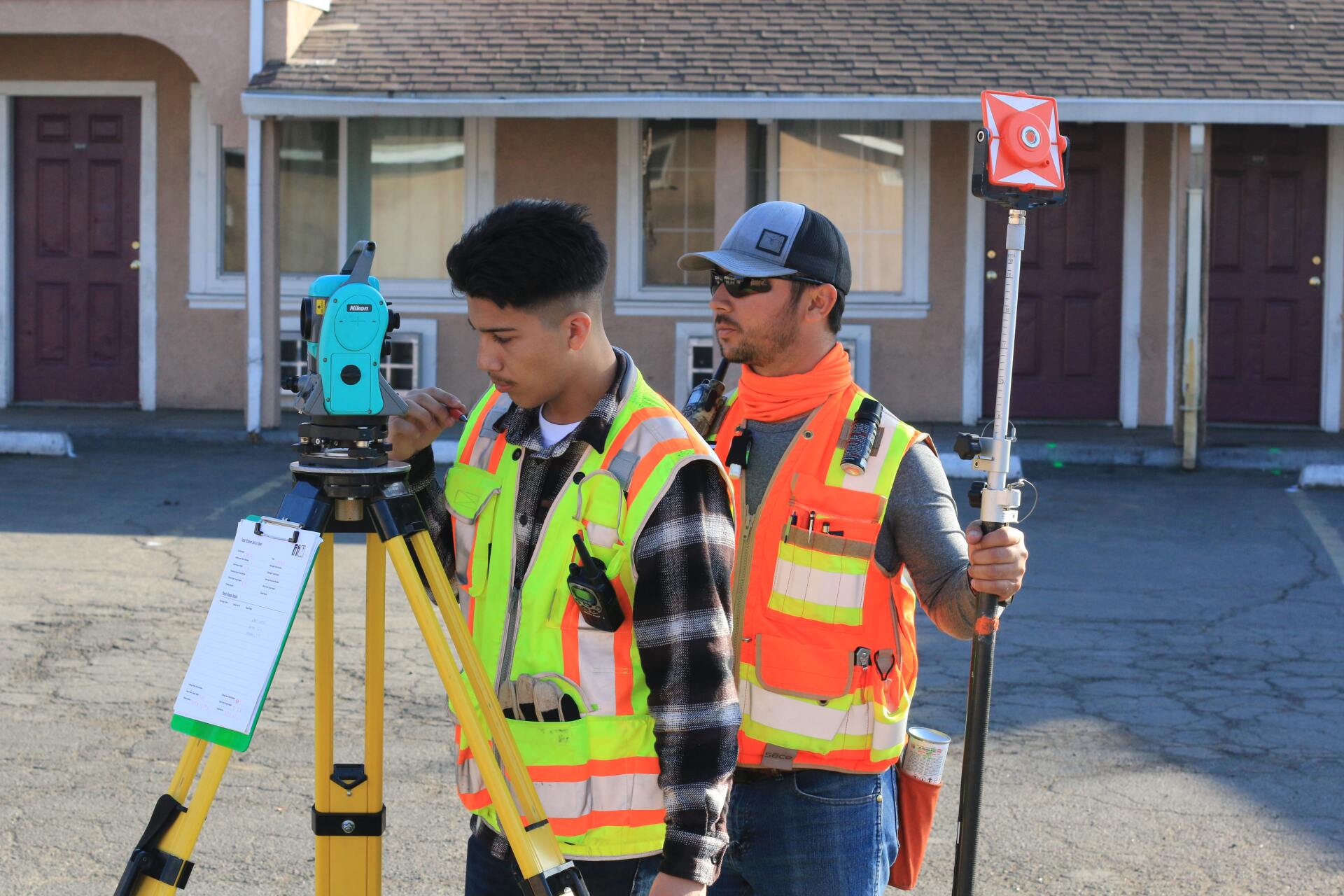Employing Migrants on AEWV
Many employers are hoping that new migrants will fill their skills gaps. Are you accredited to employ migrants?

Our NZ government wants to make sure that we employ New Zealanders first, and that we protect migrant workers from exploitation. While most employers of migrants have been providing good work conditions, there are several high profile cases where they have been underpaid, isolated, and not made aware of their rights regarding working conditions and health and safety. There is now an Accredited Employer Work Visa (AEWV) for employers to hire migrants for up to three years.
There are three parts to getting the AEWV: getting accreditation, advertising the role and asking the worker to apply. Then there are additional responsibilities for helping the worker settle in. While it may seem to be an imposition for a busy employer, this accreditation process will help to boost NZ’s image as a safe place to work, for would-be migrants.
Getting Accreditation
A would-be employer under this scheme will need a NZ Business Number (NZBN), an IRD number, meet financial requirements and meet immigration and employment standards. To be considered a viable business, it would need to show positive 6-month cashflow, no losses in past 2 years, sufficient capital investments or 2- year plan to remain a viable business.
The business and key people need to be compliant with immigration and employment standards. Past breaches or offences by key people in other businesses may negatively impact the current business’s eligibility.
There are four level for accreditation:
Standard: 1 -5 migrants
High-volume: 6 or more migrants.
Franchisee: business in a franchise, unlimited volume.
Controlling third party: labour hire business, unlimited volume.
Advertising the Role
The pay rate for the job must be at or above the median wage of $27.76 an hour[i]. Some industries are exempt from the median wage requirement because of present shortages: construction, infrastructure, care, meat processing, seafood, snow and adventure tourism and hospitality. [ii]
The job must be advertised for as least two weeks on a national listing website or channels where suitable New Zealanders might apply, and within 90 days of applying for AEWV. For instance you might advertise on Seek website and in your industry social media group. You don’t need to give evidence of advertising if the job pays more than twice the NZ median wage or is on the Green List[iii].
After accreditation, the prospective employer then has to apply for a job check from Immigration NZ, with the job description, employment agreement, advertisement evidence. Approval expires after 6 months of issue.
Asking a Migrant to Apply
The migrant will need a copy of their employment agreement and signed employment offer. Then you send them a link to your Immigration Online dashboard, which they need to accept. The AEWV ties the migrant to the employer who offer the employment for up to 3 years, so if the employment situation changes, the migrant may have to apply for a new visa.
The AEWV accreditation lasts for 12 months and then needs to be renewed every 24 months for standard businesses or every 12 months for franchises and labour hire firms.
Settlement Information for Migrant Workers
Once the migrant has started working for the employer, there are still employer obligations to meet, to help migrants settle in New Zealand and understand their employment rights.
Typically, this would include finding somewhere to live, how to access health care, schools, locate public transport, get an IRD number, local services and community support groups. You may find it useful to prepare a welcome kit template along with your usual induction/orientation resources. I like the cost of living calculator at Immigration NZ for preparing a household budget[iv] .
Within one month of starting employment, the migrant needs to be given paid time to complete the online Employment NZ modules about their rights and entitlements. [v]
There are modules for employers too, so it’s a useful resource to brush up on your own knowledge. Even the worker is a veteran of the industry they are employed in, you will need to make sure that you go through the specific health and safety protocols for your workspace. Be aware of communicating effectively, taking care to explain our curious NZ idioms in language.
Even though an employee’s time use of work is their own, helping a migrant worker to get settled in their new country is crucial to retention and productivity. They will be better able to focus on their work tasks if they are not distracted by family and homelife worries.
We are counting on migrants to help alleviate our skills shortages in NZ, but they have the world to choose from. So let’s adopt the Accredited Employer Work Visa is spirit, as well as in form. Settled, productive migrant workers are a win for the migrant families, employers and New Zealand as a whole.
- Serena Irving
Serena Irving is a director in JDW Chartered Accountants. JDW is a professional team of qualified accountants, auditors, business consultants, tax advisors, trust and business valuation specialists.
An article like this, which is general in nature, is no substitute for specific immigration or employment advice. If you want more information about the issues in this article, please contact the author or Immigration New Zealand.
Download a PDF version here or contact the author by email. Like our Facebook page for regular tips.
[i]
https://www.immigration.govt.nz link to median wage calculator.
[ii] https://www.immigration.govt.nz link to median wage exemption.
[iii] https://www.immigration.govt.nz link to green list.
[iv] https://www.live-work.immigration.govt.nz/live-in-new-zealand/money-tax/cost-of-living-in-new-zealand




